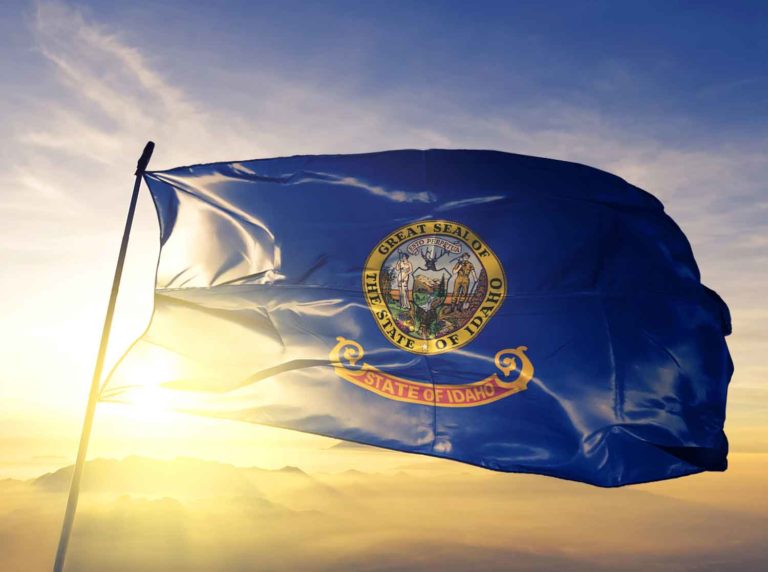
Delta 8 is an amazing cannabinoid that has recently become available to the general public. However, there is definitely some confusion surrounding the legality of this cannabinoid and all products that have Delta 8 within them. The biggest question is: Is Delta 8 legal? Let’s see what federal law and Idaho state law says about Delta 8.
Farm Bill
On the federal level, yes. Delta 8 is federally legal thanks to an updated definition of industrial hemp passed by the USDA in 2018, called the Farm Bill. This bill states that as long as a product of industrial hemp, whether growing or not, contains less than 0.3 percent of Delta 9 in the finished product, then it is legal to produce and sell to the general public.
But what’s the difference between Delta 8 and Delta 9? Why is one banned and not the other? That is because Delta 9 is the main cannabinoid in marijuana that causes the euphoric sensation. Delta 8 has some similar effects but in a less potent and more controllable than Delta 9. This means that Delta 8 can also cause a sense of euphoria in consumers, but many report that they are very much in control of themselves and know what they are doing.
Delta 8 is able to do this because of a difference on the molecular level. Delta 8 and Delta 9 both have double bonds on their carbon chain. But Delta 8 has its double bond on the 8th carbon chain. Where Delta 9 has its double bond on the 9th carbon chain. This is what makes Delta 8 less potent and more controllable. And, since Delta 8 is structurally different products containing Delta 8 naturally contain less than 0.3 percent of Delta 9 in them.
But just because a cannabinoid is legal on the federal level doesn’t mean that it is legal in every state. Every state has its own rules and regulations.
Idaho Law
Unfortunately, Idaho has labeled Delta 8 as a hallucinogenic under the same classification as marijuana. The law states:
“37-2705. SCHEDULE I.
(d) Hallucinogenic substances. (27) Tetrahydrocannabinols, except in hemp with no more than three-tenths of one percent (0.3%), or synthetic equivalents of the substances contained in the plant, or in the resinous extractives of Cannabis, sp. and/or synthetic substances, derivatives, and their isomers with similar chemical structure such as the following:
i. Tetrahydrocannabinols:
a. ∆ 1 cis or trans tetrahydrocannabinol, and their optical isomers, excluding dronabinol in sesame oil and encapsulated in either a soft gelatin capsule or in an oral solution in a drug product approved by the U.S. Food and Drug Administration.
b. ∆ 6 cis or trans tetrahydrocannabinol, and their optical isomers.
c. ∆ 3,4 cis or trans tetrahydrocannabinol, and its optical isomers. (Since nomenclature of these substances is not internationally standardized, compounds of these structures, regardless of numerical designation of atomic positions are covered.)”
What does all of this mean? It means that anything that has hallucinogenic properties to it, whether it be cannabis, THC, or other cannabinoid, is considered a schedule I drug and therefore illegal for the general public to have and consume. Schedule I drugs are considered the most likely to be abused and addictive drugs such as LSD and heroin.
Laws are always subject to change on both the federal and the state level, so research the laws in your area. Make sure to check back for more cannabis and hemp related news.